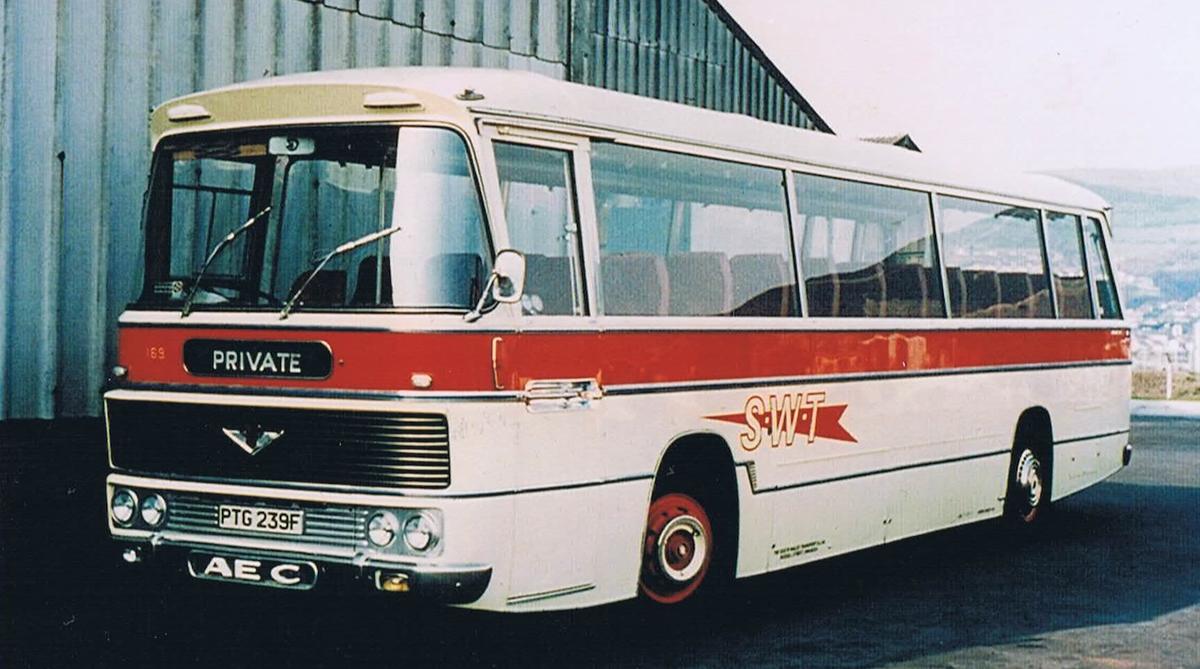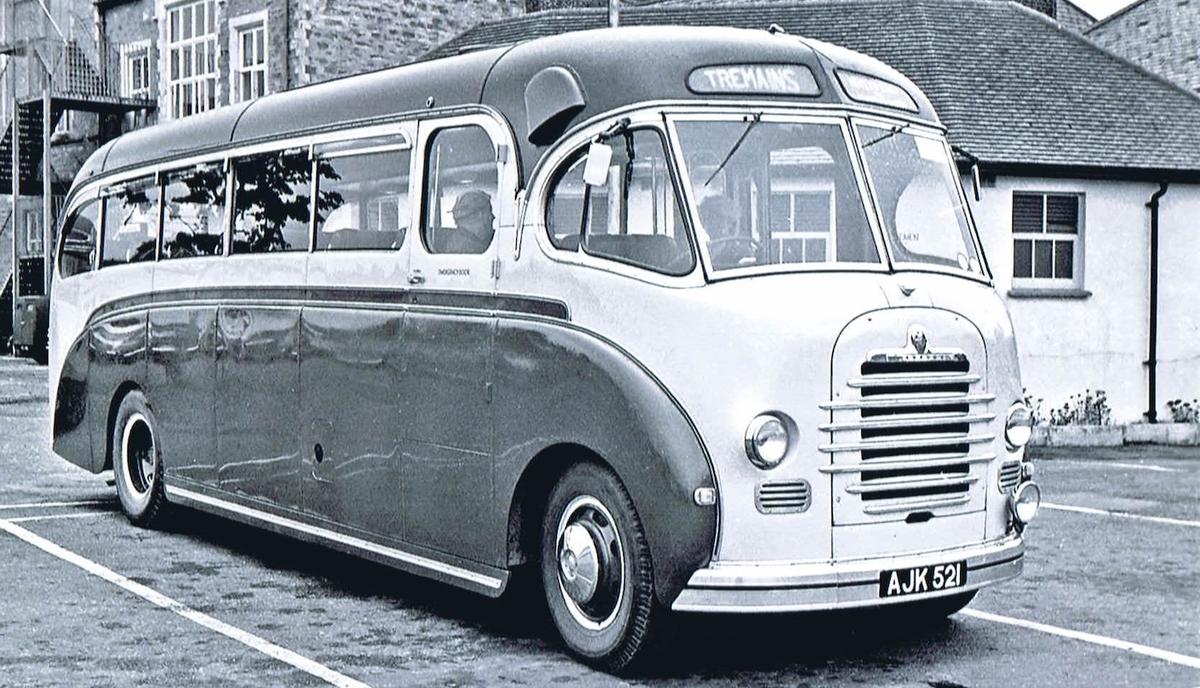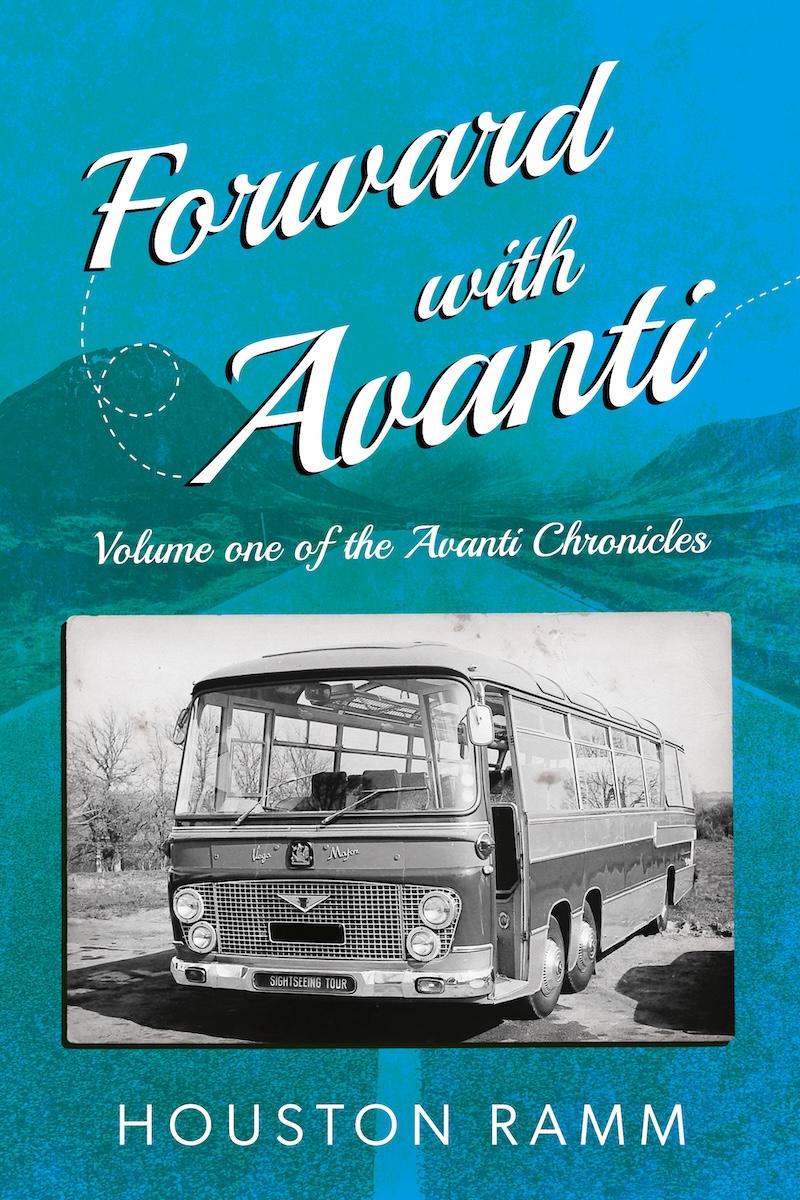Why I Wrote This Book
The idea for this book came to me some years ago. As I have said elsewhere, the 1970’s were a golden age for the independent coach operator in many ways. The question I asked myself is what could have happened if an enthusiastic young person fell heir to a substantial amount of money and decided to invest it in a coach business.

What's It About?
If you don’t know the first thing about the bus and coach industry, please don’t think that my book is not for you. Running a family coach business has always been about the people you work with and serve – you don’t need to be an expert in cows to read a James Herriot novel, and hopefully the same applies here!
But I have tried to make the background facts as accurate as I reasonably could. Luckily I had some really valuable resource material to utilize. The back issues of Buses magazine contain a wealth of detail to help with working out what was available in terms of vehicles in the 1970’s, and the online Commercial Motor archive was equally helpful, with dealer stock and coach prices easy to work out from the classified pages.
Reminding myself of the politics, legislation and industry events of the time was just as important, and here again the contemporary trade publications were invaluable. Avanti’s first volume is set in an era where quality control of the industry was mostly informal – no transport manager Certificate of Professional competence was needed, let alone driver CPCs. No tachographs, no annual PSV MOT’s and an initial Certificate of Fitness which lasted for no less than seven years.
In contrast, what you could actually do with your coach or buses once you owned them was incredibly tightly controlled. Licenses were needed for local bus services, express services, works services, excursions and organized tours. In other words, most things apart from private hire were tightly regulated.

A Peek into the 1970s
But from June 1970 until February 1974 there was a Conservative Government in power, which meant there was a slightly better chance of obtaining a road service licence on appeal, which perhaps in turn gave the Traffic Commissioners slightly more leeway to make a grant to a privately owned business where they thought there were sound reasons to do so. Indeed, during the administration there was talk of loosening road service licence requirements significantly, but with the country beset by industrial action and then the fuel crisis of 1973 other more pressing matters took priority.
In the early 1970’s there were clear signs that British bus and coach manufacturing businesses were not always moving forward as they should have been, and a selection of the problems this caused are reflected in some of the tales in the book. I hope that I have dealt with the issues fairly in the first Avanti volume. Without giving too much away, volume two continues the theme. Coach operators had to remain competitive and profitable, and as the years have passed it has become harder and harder to justify buying British – even though we all would have liked to.
Running a coach firm was - and hopefully remains - a very sociable occupation. Providing holiday tours, excursions, private hire and contract services to regular customers improves the quality of many people’s lives. Those who cannot have, cannot afford or do not want a car – often those at the beginning or end of their lives, but there are many others – all benefit from the dedicated, enthusiastic and skilled workforce which the industry has.
It has always been the case that most people work in the coach industry because they have a love for it. It’s not an easy way to make a living. The hours are long and unsocial and, even with modern vehicles and huge technological advances in 2025, there’s lots that can go wrong. Fifty years ago it was even harder. But talk to anyone of my age who has worked in the industry and they will regale you with many tales of the good old days, and it is clear that working in the coach business, and looking after their many customers, has been a real pleasure for them.
If just a little of that is reflected in my book, then I’ve done my job!

